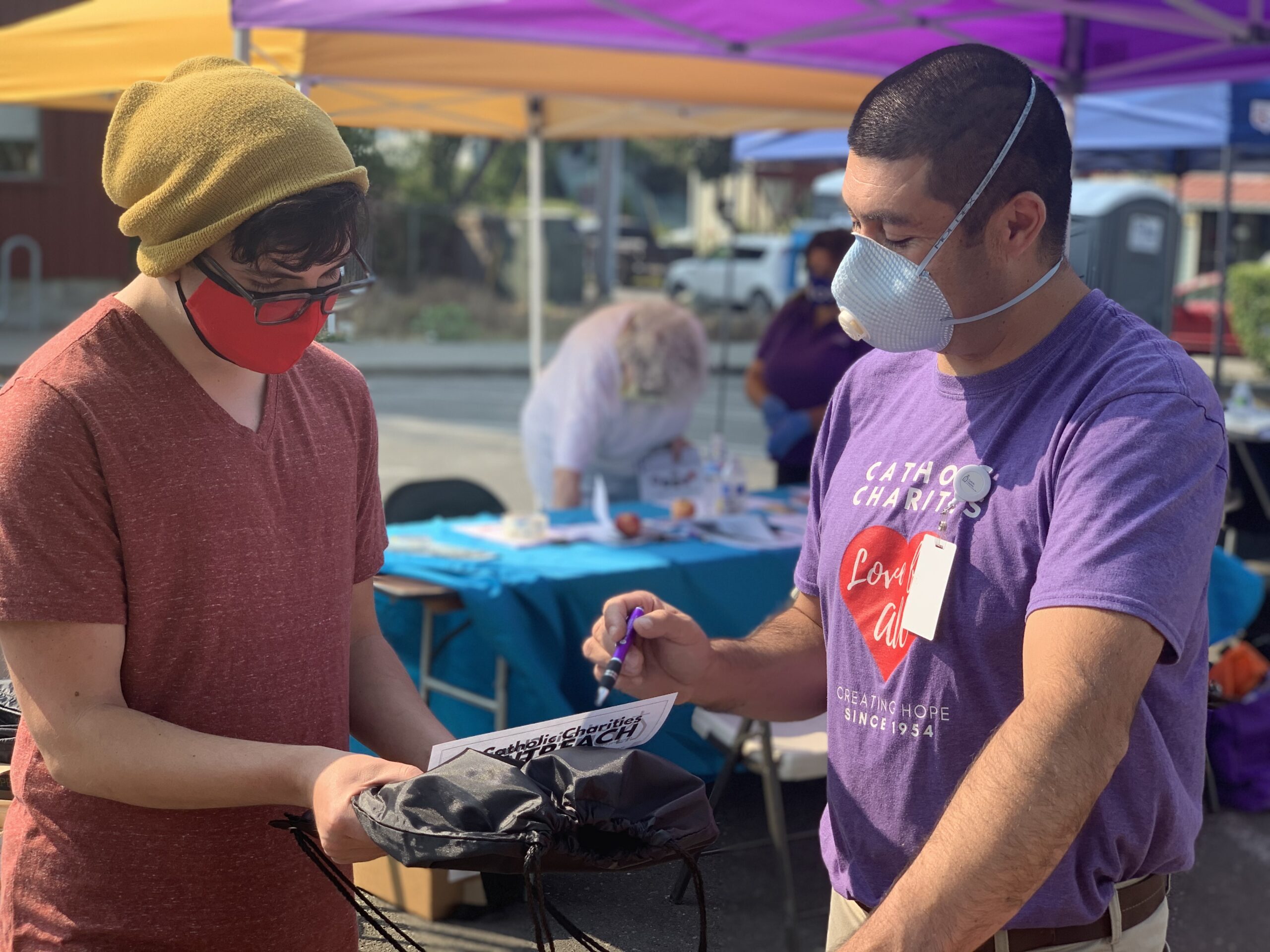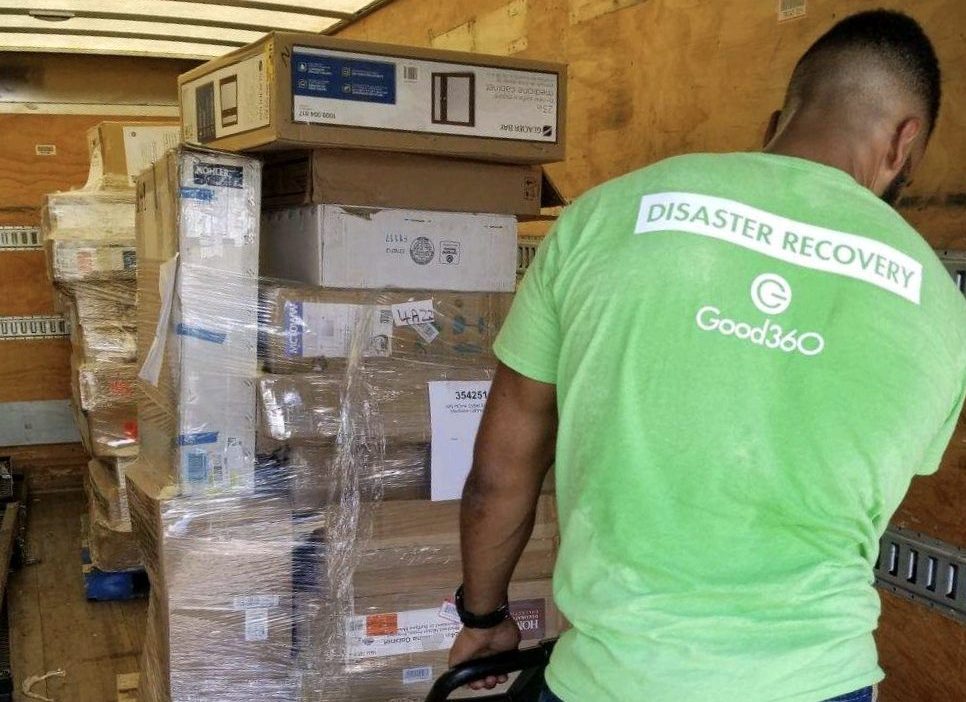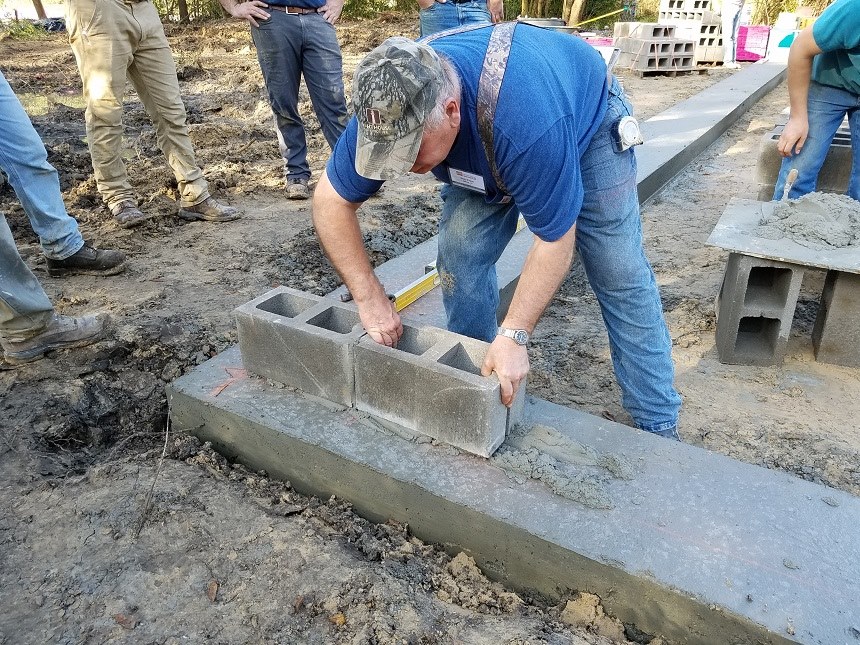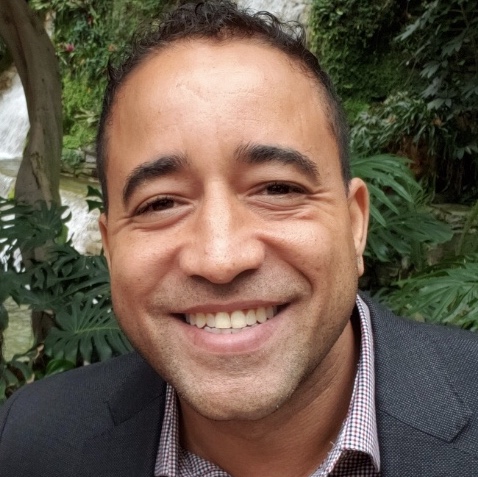Disaster case management is critical to long-term recovery
As we begin a new year and a new decade for some, hundreds of thousands of families in the United States are still trying to recover from the record-breaking natural disasters of 2020. These households, many with children, have exhausted the usual coping mechanisms we typically use to withstand shocks to our lives and livelihoods […]

As we begin a new year and a new decade for some, hundreds of thousands of families in the United States are still trying to recover from the record-breaking natural disasters of 2020. These households, many with children, have exhausted the usual coping mechanisms we typically use to withstand shocks to our lives and livelihoods following disasters.
Because of the unique trifecta of a pandemic, economic crisis and natural disasters that include hurricanes and wildfires, disaster case management (DCM) plays an even more vital role in supporting families and entire communities during long-term recovery. As we start 2021, I invite donors to invest more in DCM to make a tangible difference in people’s lives in the year ahead and beyond.
What is disaster case management?
DCM enables and empowers local communities to work with disaster-affected families to determine their specific needs as they begin to recover. Caseworkers can link these families with services and assistance available to them from public agencies and private organizations. More importantly, they can assess and recommend financial aid that a family might need to withstand the shocks, stabilize their lives and livelihoods, and begin to recover.
As you read this blog, disaster case management is happening across the country, mostly in small towns and communities where families often feel neglected or forgotten. Facilitating and coordinating DCM is usually led by a local agency or entity, whether it be a long-term recovery group or a local affiliate of some of the country’s leading disaster relief and recovery organizations such as Catholic Charities USA (CCUSA) or St. Vincent de Paul (SVDP).
Many of these entities rely on networks of local volunteers and coordination to provide DCM to disaster-affected families. Consequently, it is a perfect example of a locally-driven recovery process where the decision-making process is in the local community’s hands.
Supporting DCM
The most effective way to support DCM and families in communities following a disaster is to support the agencies delivering DCM with a proven track record and a pre-disaster relationship with the community. These agencies need significant financial resources to manage DCM programs and disburse direct financial assistance to disaster-affected households.
This financial assistance, very often issued in the form of an unconditional grant to the family, helps households address unexpected financial burdens after a disaster. In some cases, it enables a family to stay in their home through emergency rental assistance because the disaster disrupted their source of income. It might replace the tools that a tradesperson lost during the disaster, allowing them to restart their livelihoods. Sometimes, it is simply repairing a single parent’s disaster-damaged car, so they can return to work and get their kids to and from school.
CDP’s commitment to supporting DCM
Disaster case management is the most flexible and potentially equitable form of disaster assistance and should be the goal standard for delivering sincere and complete recovery assistance to disaster-affected families. In this COVID-19 world, these families need DCM and the direct and specific financial assistance it brings to fully stabilize their situation and begin to recover in 2021.
This is why the CDP Disaster Recovery Fund, with generous support from Google and other donors, has awarded a $1 million grant to CCUSA to support disaster case management in 10 local affiliates in the four states most affected by this year’s wildfires.
The local CCUSA agencies identified in California, Oregon, Washington and Colorado are supporting communities where the impacts and needs from wildfires are greatest or the available resources in some of the more rural communities are limited. This gift will be spread across multiple affiliates and communities so that the financial assistance can reach families in need as fast as possible and provide much-needed hope as they start 2021.
More like this

Good360 and CDP Partner to Transform Long-Term Hurricane Recovery in Texas

